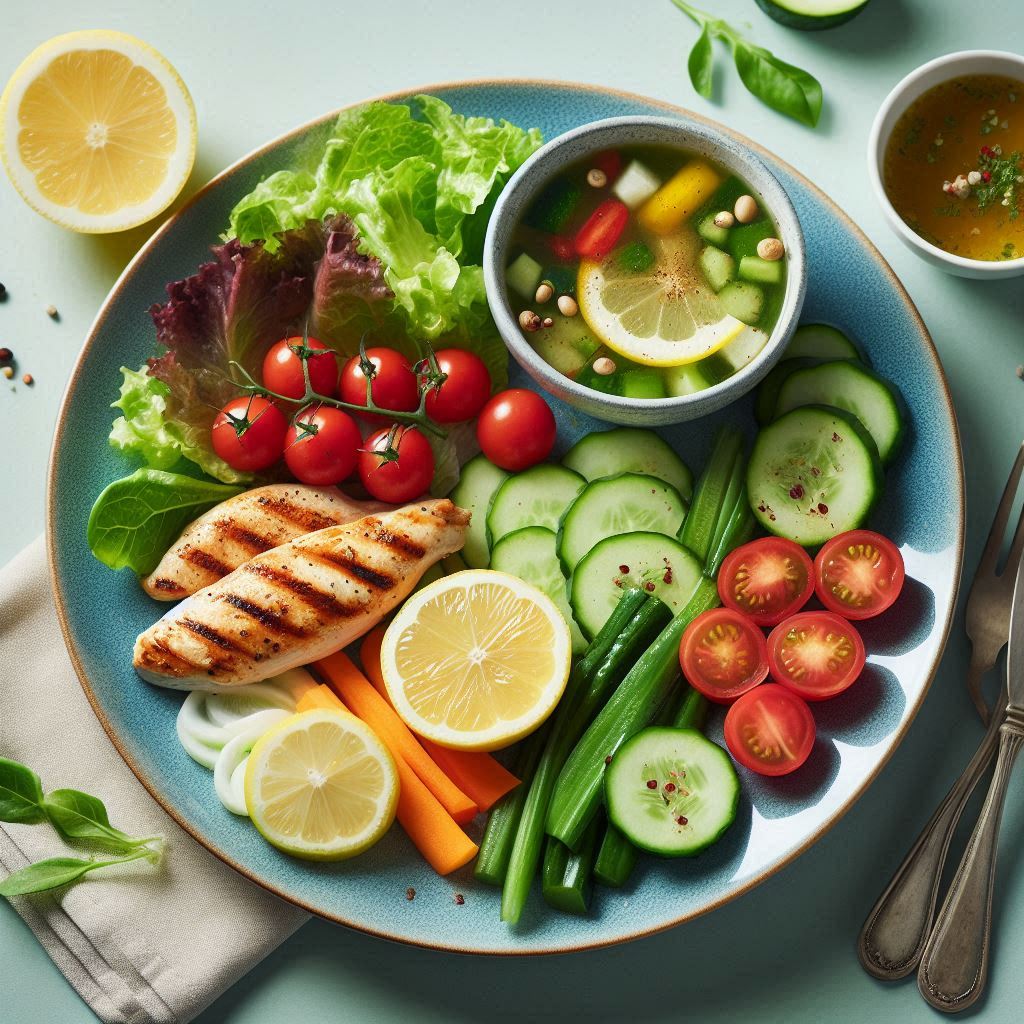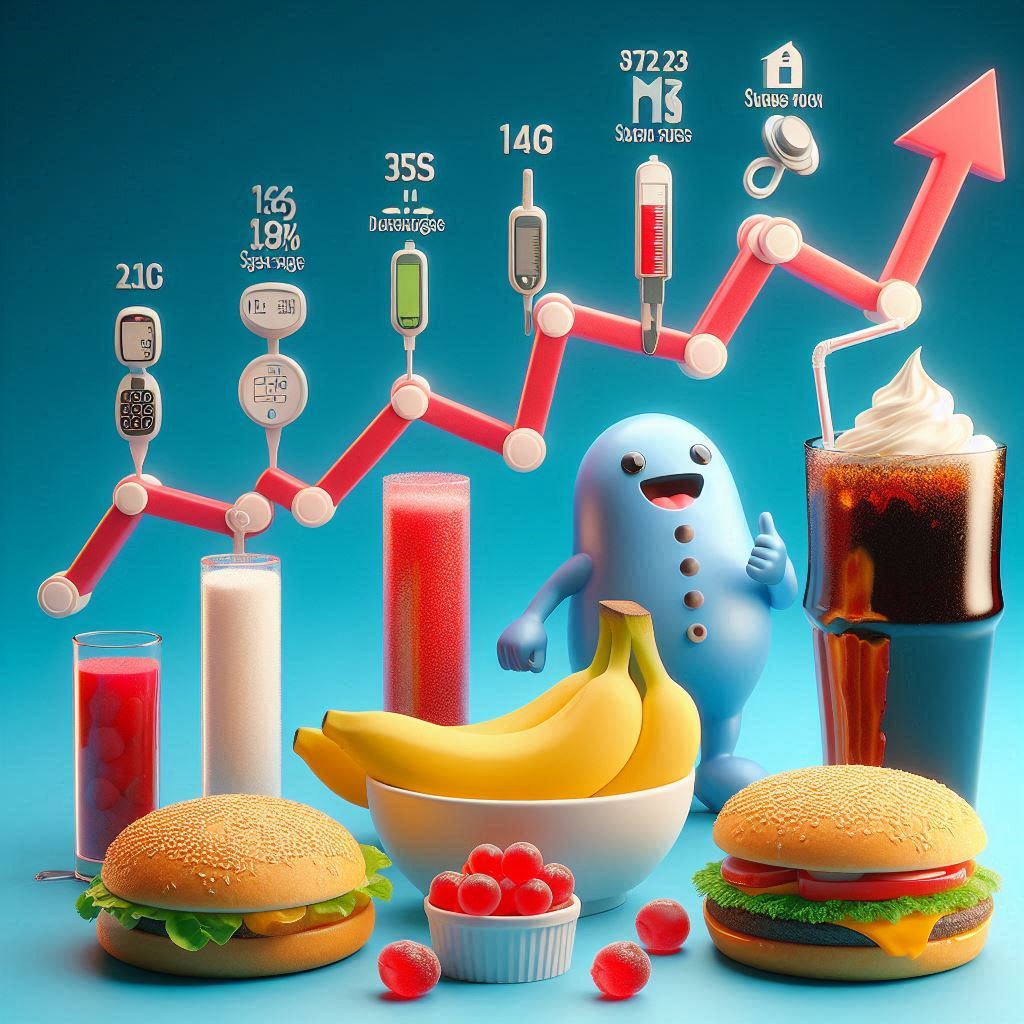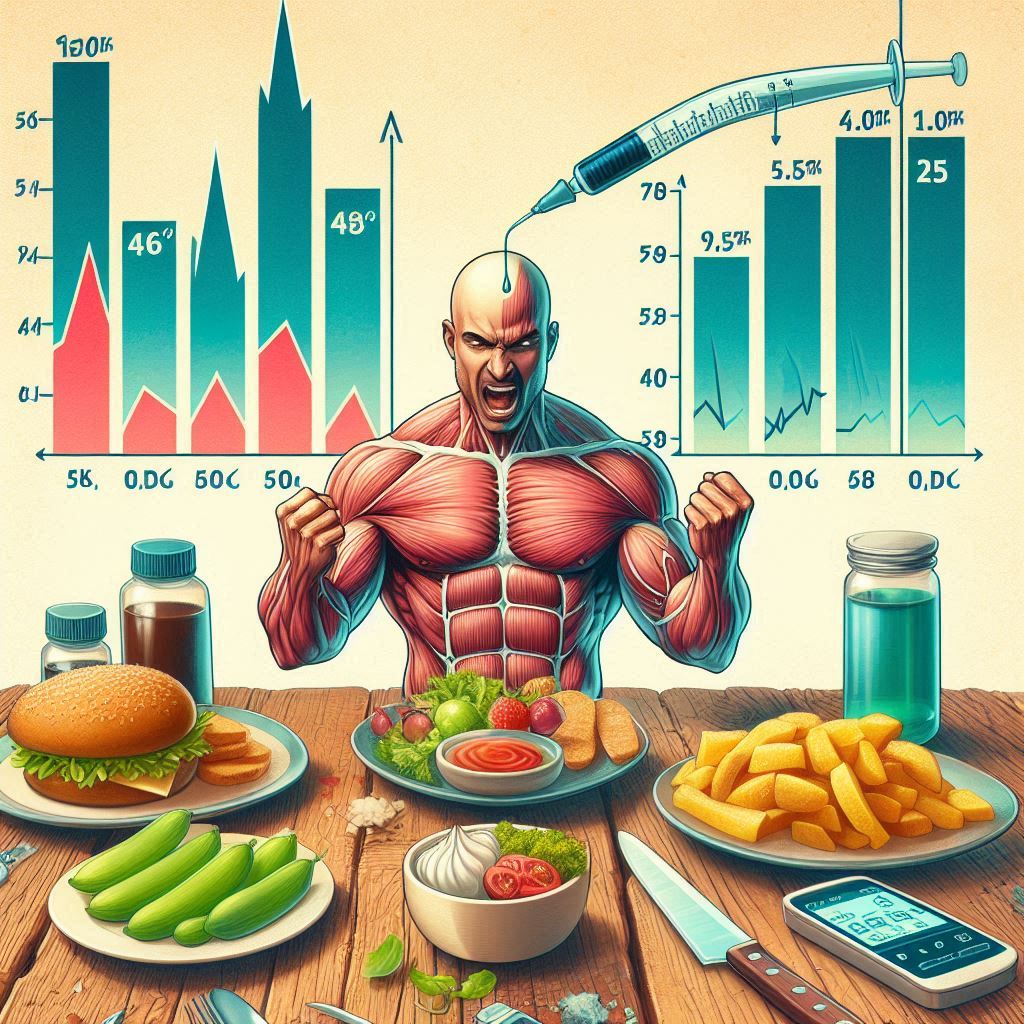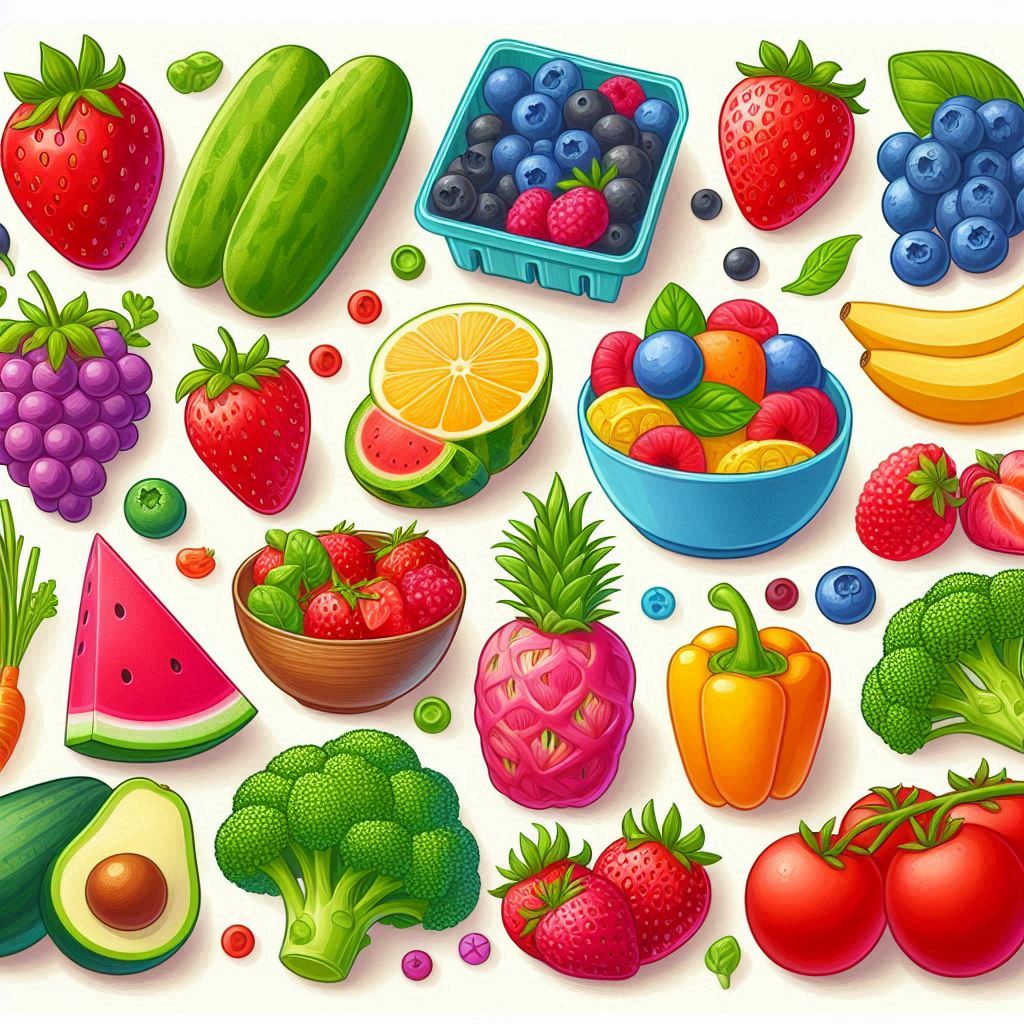Everyone who hopes to succeed in dieting wants to be able to eat while reducing weight. Although dieting may seem difficult to you, there is a diet that can surprisingly make losing weight easier.
To avoid having to deny yourself when you’re hungry, all you need to do is go over your typical eating routine. It’s simple, so you won’t give up. It is suggested that you begin this diet with an open mind, asking yourself, “I wonder if I’ll give it a try…
A lifesaver for those who want to eat but also want to lose weight! How to improve your diet to make your body easier to lose weight
“Is there a way to lose weight without eating less?” Any lazy person must have thought this at least once. As the saying goes, “Rome wasn’t built in a day,” dieting isn’t that easy either! Do you think so?
Among those who try dieting, there are many who tell themselves, “I must not eat…” as if it were a mantra, which ends up causing stress and making them eat too much and gain weight . They are easy to follow, so you won’t give up and you will see the results.
Eating Habit No. 1: Improve the way you eat
Many people are concerned about the amount of food they eat when dieting , but surprisingly few people pay attention to how they eat when they are on a diet . Just being a little more conscious of the speed at which you eat and the environment in which you eat can make a big difference in the effectiveness of your diet.
If you stop eating quickly, you can prevent a bloated belly
The cause of a bloated belly filled with visceral fat is none other than overeating, which results in excessive calorie intake. And the number one cause of overeating is said to be eating too quickly.

Eating quickly not only increases the amount of food eaten in a certain amount of time, but also leads to overeating because you keep eating until you feel full . It is generally said that it takes about 15 to 20 minutes for the brain’s satiety center to feel “full,” so try to be conscious of eating more slowly than usual in order to feel satisfied with a small amount of food.
Eating while doing other things is the biggest enemy of dieting!
If you feel like you’ve had a proper meal but still feel unsatisfied or get hungry again quickly, it may be because you are eating while doing other things.

You may eat a hamburger or rice ball while playing with your smartphone, or get absorbed in watching TV or the internet while eating. If you eat in such an absent-minded state, you will not feel satisfied with the meal, and your brain will feel like, “I want to eat more!” To avoid this, it is important to focus your mind on eating and enjoy the appearance and taste of the food.
You can make up for “overeating” in just three days
It would be a shame to have to refrain from eating at special events such as drinking parties or other special occasions because you are on a diet, right? It is even more difficult to refuse when you are treated to homemade food.

If you feel like you have eaten too much in one meal, you can make up for that by abstaining for three days. By continuing to make small changes for three days, such as “only eating until you are 80% full” or “choosing Japanese food over Western food,” you will not waste your efforts and will be able to make up for them.
Eating Habit No. 2: Improve your food choices
There are many diets that target specific nutrients, such as carbohydrate-free diets, but it is difficult for amateurs to judge what you can and cannot reduce. When you are unsure of what to choose in your daily life, you should make it a habit to choose foods that have as low a risk of making you gain weight as possible .
Don’t eat too much fruit, even though it’s good for your health and beauty!
As the saying goes, “An apple a day keeps the doctor away,” Eating fruit on a daily basis is said to be good for the body. In addition, fruits that are rich in vitamins and polyphenols have excellent beauty effects.
However, the carbohydrates contained in fruits are “simple carbohydrates” with the same composition as sugar.
Therefore, aim for 100 kcal of fruit per day, and be careful not to eat too much.
| fruit | amount |
|---|---|
| apple | half |
| mandarin orange | 2 pieces |
| Orange, grapefruit, etc. | 1 piece |
| banana | 1 bottle |
| strawberry | 15 capsules |
| Cherries | 20 tablets |
| peach | 1 piece |
| persimmon | 1 piece |
(Source: 47 ways to dramatically lower your triglyceride and cholesterol even if you’re lazy/Author: Tadashi Okabe)
If you’re thirsty, drink water or tea instead of soft drinks.
When you think of sweets, many people may think of cakes and chocolates, but something that is often overlooked is soft drinks . They contain more sugar than you might imagine, so we recommend avoiding them while dieting.

Juices and sports drinks contain almost the same amount of sugar as shortcake per 500ml. If you give up your favorite cake and drink one soft drink every day, your diet will be meaningless. If you want to quench your thirst, choose a sugar-free drink. If you really want to drink a sweet soda, we recommend a zero-calorie drink.
If you’re going to eat sweets, Japanese sweets are definitely better than Western sweets
Needless to say, sweets are the enemy of dieting, but that doesn’t mean all sweets are off limits. What you should be careful of are Western-style sweets, which contain a lot of cholesterol, which can be said to be the cause of obesity.

Cakes, cookies, puddings, and other Western sweets contain eggs, butter, and fresh cream , all of which are high in cholesterol, but you don’t need to worry about their cholesterol levels. If you want to eat something sweet, choose Japanese sweets to reduce the risk of weight gain.
Eating Habit No. 3: Improve your eating timing
It is becoming common knowledge that you should not eat anything within the three hours before you go to bed, but there are other times when you can get a diet effect just by being careful. If you know the “times when it is okay to eat,” you will not have to endure unnecessary eating habits while dieting.
It is recommended to eat sweets after meals
It’s simple to consume a cream puff or a piece of cake all at once when you’re hungry. But if you keep eating these snacks—which have around 300 calories apiece—every day, the energy you expend will be sufficient to cause you to gain 1 kg in a month.
You should eat right after a meal, not when you’re hungry in between meals, if you want to lose weight but can’t stop snacking. You won’t be able to eat much at that point because you will likely be very full. This will lessen the stress associated with dieting and assist you in limiting the quantity of food you eat without feeling compelled to.
Don’t be fooled by “false hunger” after meals
Have you ever suddenly felt like eating something a while after eating? In fact, this is not because you are actually hungry, but because you suddenly feel like eating something. This is called “false hunger.”

When your stomach is empty, it sends a command to your brain, making you feel hungry. False hunger can also occur when you are irritated or bored . Since you are not really hungry, eating something at that time can lead to weight gain. In such a case, remember what you ate earlier and double-check that you are not hungry . If that doesn’t help, we recommend going to the bathroom or taking a break to change your mood.
If you eat dinner late, eat it in two meals.
It is said that “eating before going to bed makes you fat,” and in fact, fat synthesis is active while you are sleeping, so if you eat fat before going to bed, you are more likely to gain weight. However, it is a bit difficult to skip meals every time you get home late from work or other reasons.
In times like these, we recommend eating twice a day : when you are hungry between 6 and 7 p.m., and when you get home. By eating carbohydrates that turn to fat, such as rice balls and sandwiches, in the early hours, and other side dishes later in the day, you can eat a balanced diet without having to hold back.
No more saying “From tomorrow…”! Get started today!
Because you have to limit your intake and give up your favorite meals, dieting can be mentally draining. But the diet plan presented here doesn’t need you to be patient or persistent; all it asks of you is a review of three eating habits: how you eat, how you choose your food, and when you eat it.
The book “47 Ways to Dramatically Lower Neutral Fats and Cholesterol Even for Lazy People” by Dr. Okabe Tadashi serves as the source for the dietary changes discussed here.
The book explains in simple terms how to reduce “bad cholesterol” and “neutral fats,” which are the main contributors to obesity, for those who are easily distracted or lethargic. For those who are lazy and believe that “calculating calories is a pain” or “I don’t want to lose weight by going without sweets,” this book is the ideal resource for managing their health.
“










